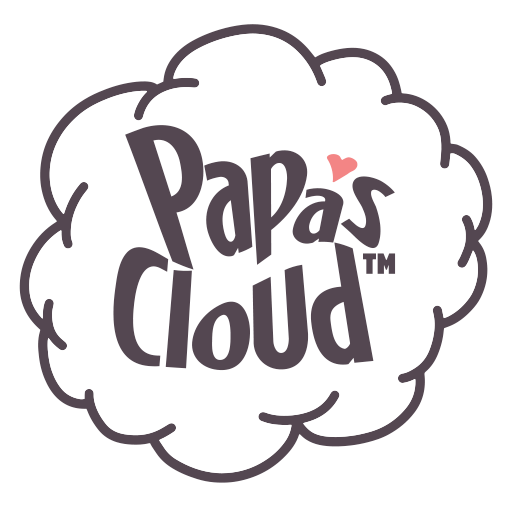Is Delta 8 THC Legal in New Jersey?
Delta 8 THC is legal according to New Jersey state law. Like federal law, New Jersey specifically legalized all derivates, cannabinoids, and isomers of hemp including all tetrahydrocannabinols other than delta 9 THC.
Read our legal disclaimer HERE. While we try to stay as up to date as possible on all state laws, you should do your own due diligence and work with a legal professional to ensure you are operating legally in your state or territory at all times.
NEW JERSEY HEMP PROGRAM
2:25-1.2 Definitions
“Cannabis” means a genus of flowering plants in the family Cannabaceae of which Cannabissativa is a species, and Cannabis indica and Cannabis ruderalis are subspecies thereof. Cannabis refers to any form of the plant in which the delta-9 tetrahydrocannabinol concentration on a dryweight basis has not yet been determined.
“CBD” or “cannabidiol” is a phytocannabinoid found in cannabis which does not produce psychoactive effects in users.
“Federally defined THC level for hemp” or “acceptable hemp THC level” means a delta-9 tetrahydrocannabinol concentration of not more than 0.3 percent on a dry weight basis for hemp or in a hemp product. Hemp will satisfy the standard of “federally defined THC level for hemp” or “acceptable hemp THC level” if laboratory testing confirms a result within a measurement of the uncertainty that includes the THC concentration level of 0.3 percent. For example, if the reported delta-9 THC content concentration in a sample is 0.35%, and the measurement of uncertainty is +/- 0.099%, the hemp would be compliant, because 0.3% falls within the distribution range between .251% and .449%.
“Hemp” means the plant Cannabis sativa L. and any part of that plant, including the seeds thereof and all derivatives, extracts, cannabinoids, isomers, acids, salts and salts of isomers,
whether growing or not, with a delta-9 tetrahydrocannabinol concentration of not more than 0.3 percent on a dry weight basis. Hemp and hemp-derived cannabinoids, including cannabidiol, shall be considered an agricultural commodity and not a controlled substance due to the presence of hemp or hemp-derived cannabinoids.
“Hemp Extract” means oil chemically extracted from hemp’s aerial plant part, such as seeds, stalks or flowers, using chemical processes, containing a natural blend of phytocannabinoids, and includes cannabidiol, or “CBD” oil.
“Hemp product” means a finished product with a delta-9 tetrahydrocannabinol concentration of not more than 0.3 percent that is derived from or made by processing a hemp plant or plant part and prepared in a form available for commercial sale. The term includes cosmetics, personal care products, food intended for human or animal consumption, cloth, cordage, fiber, fuel, paint, paper, particleboard, plastics, and any product containing one or more hemp-derived cannabinoids such as cannabidiol. Hemp products shall not be considered controlled substances due to the presence of hemp or hemp-derived cannabinoids.
“THC” means delta-9-tetrahydrocannabinol, which is a psychoactive component in cannabis plants.
Legal document found HERE
